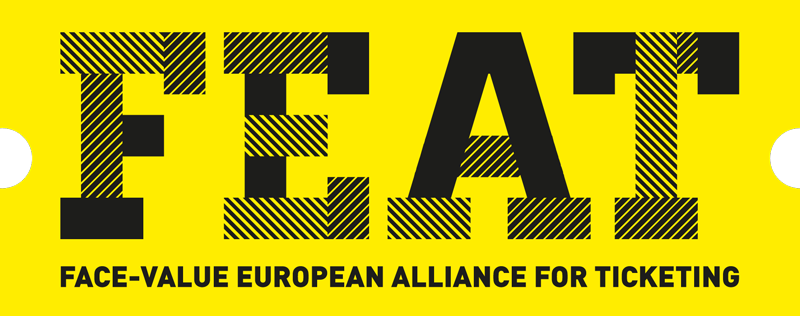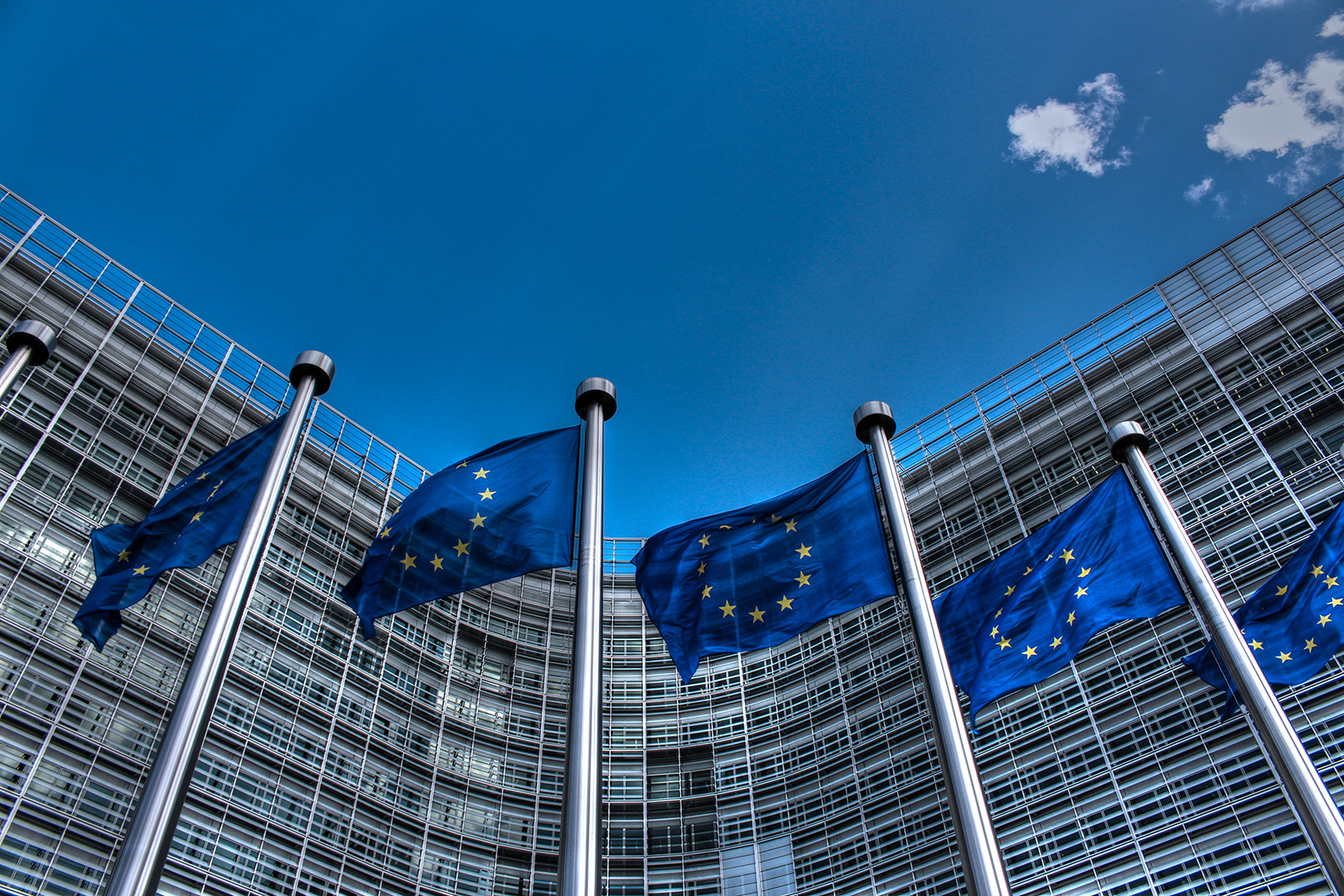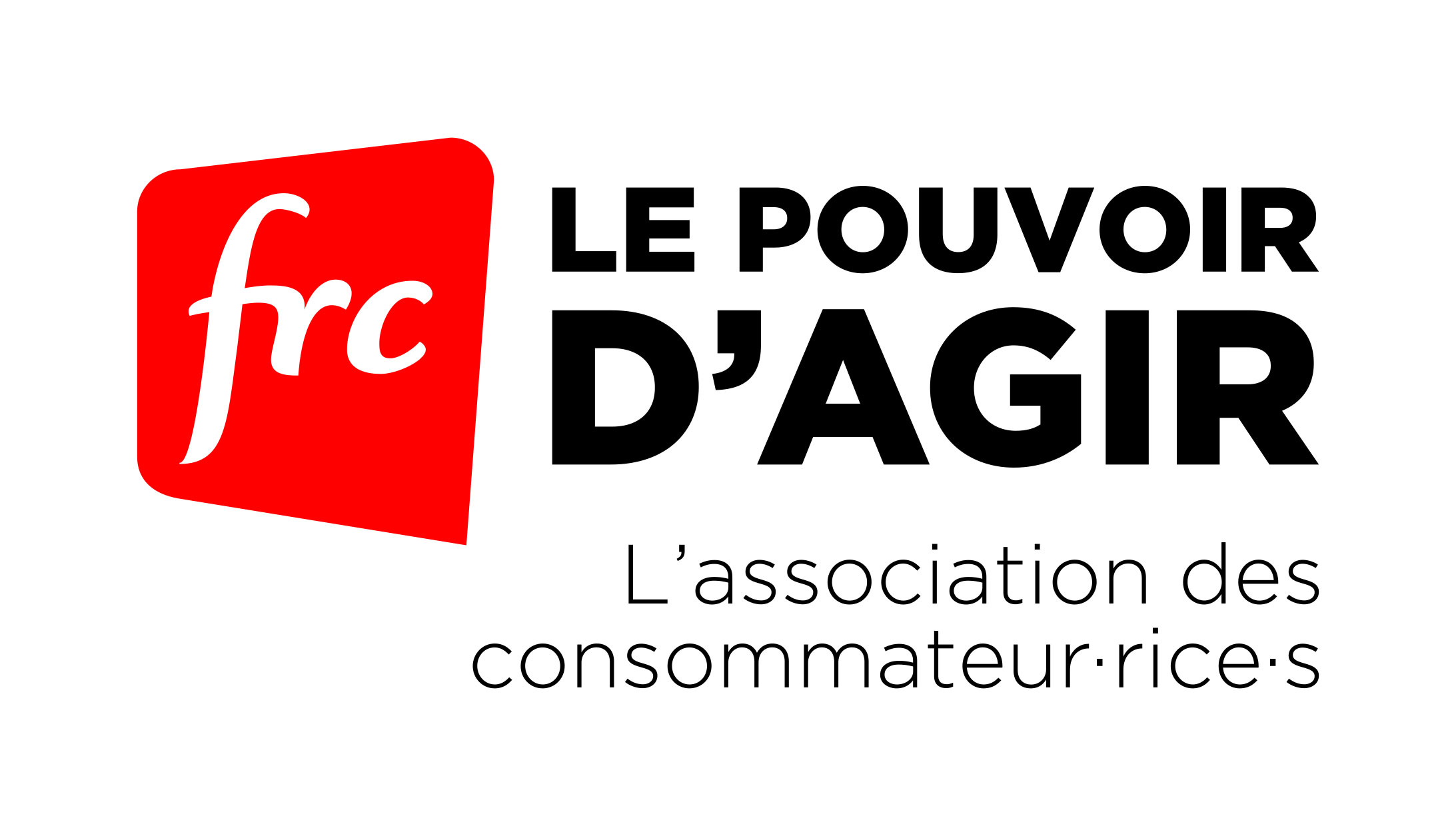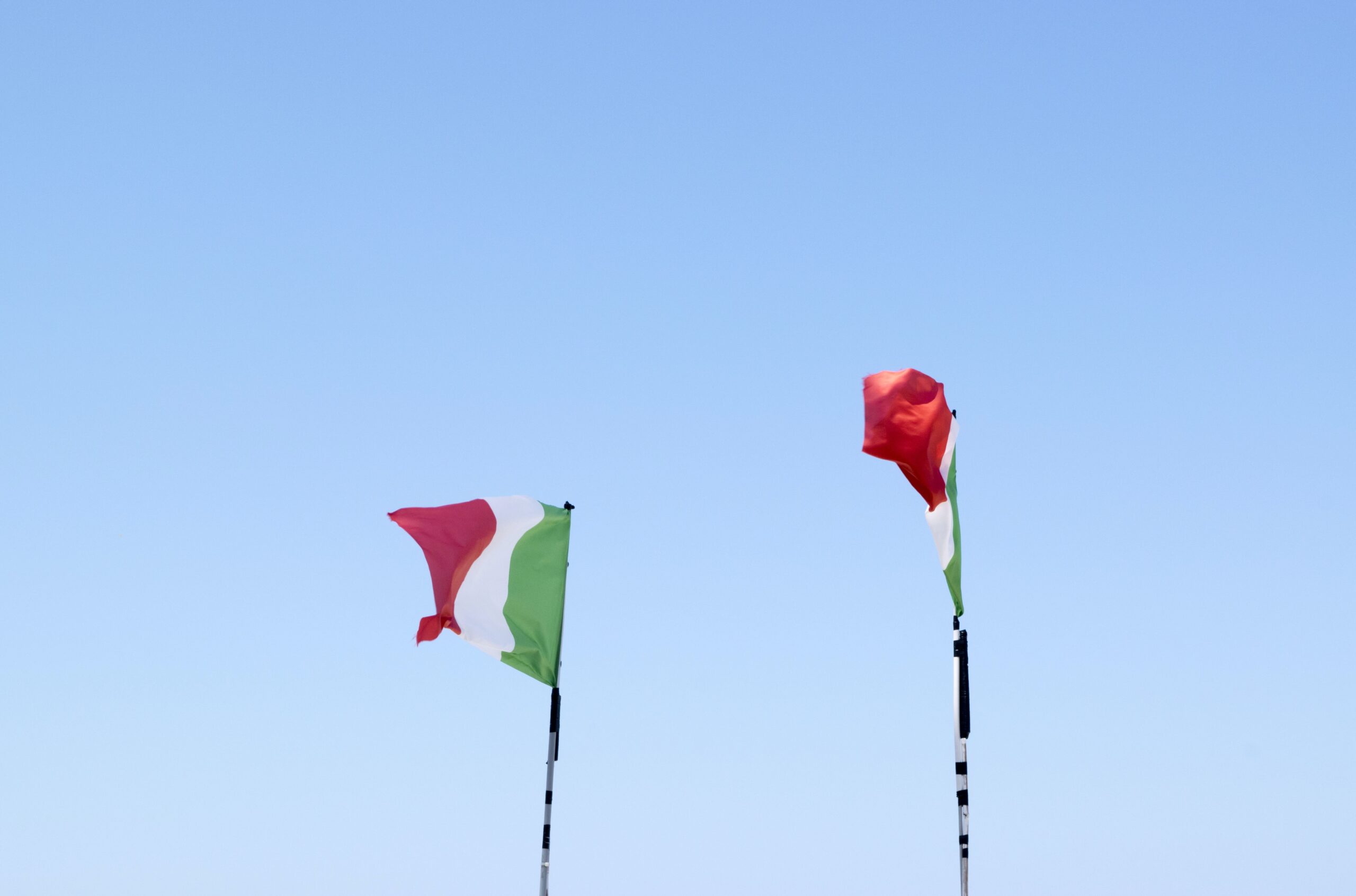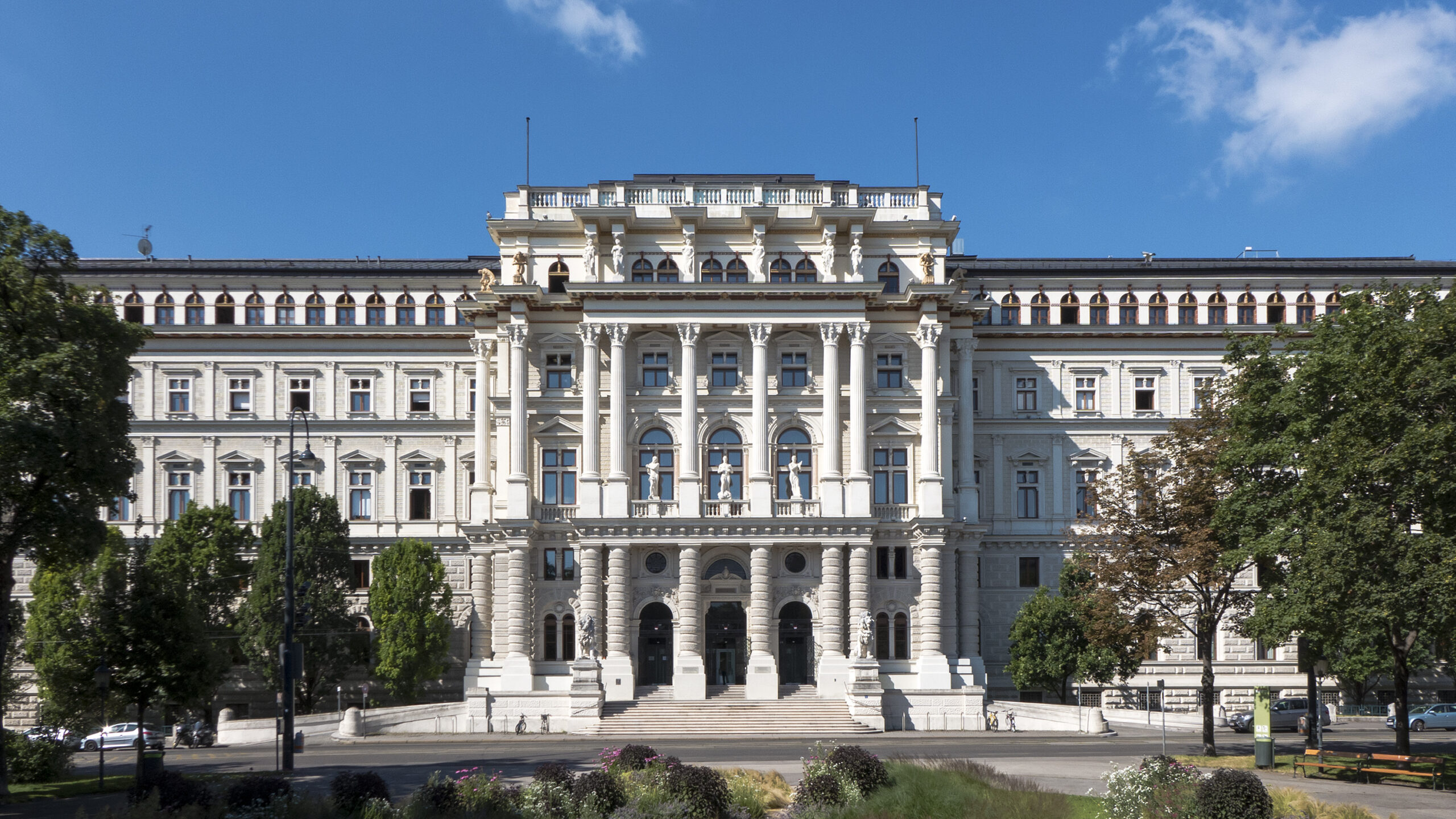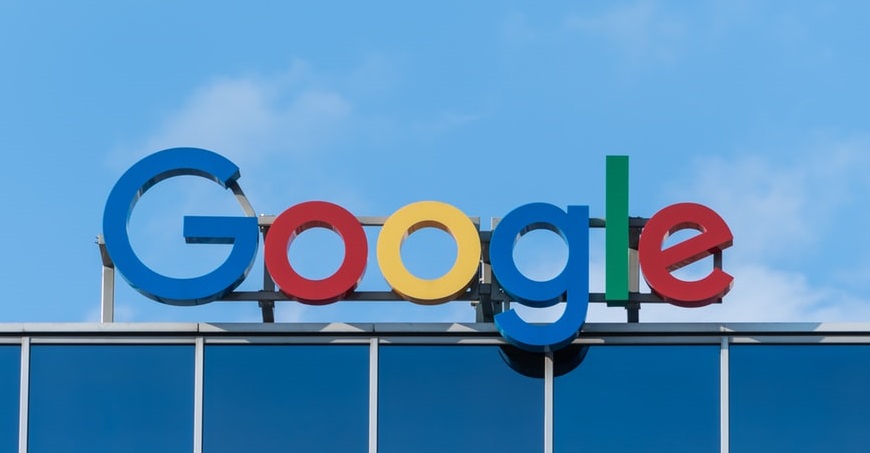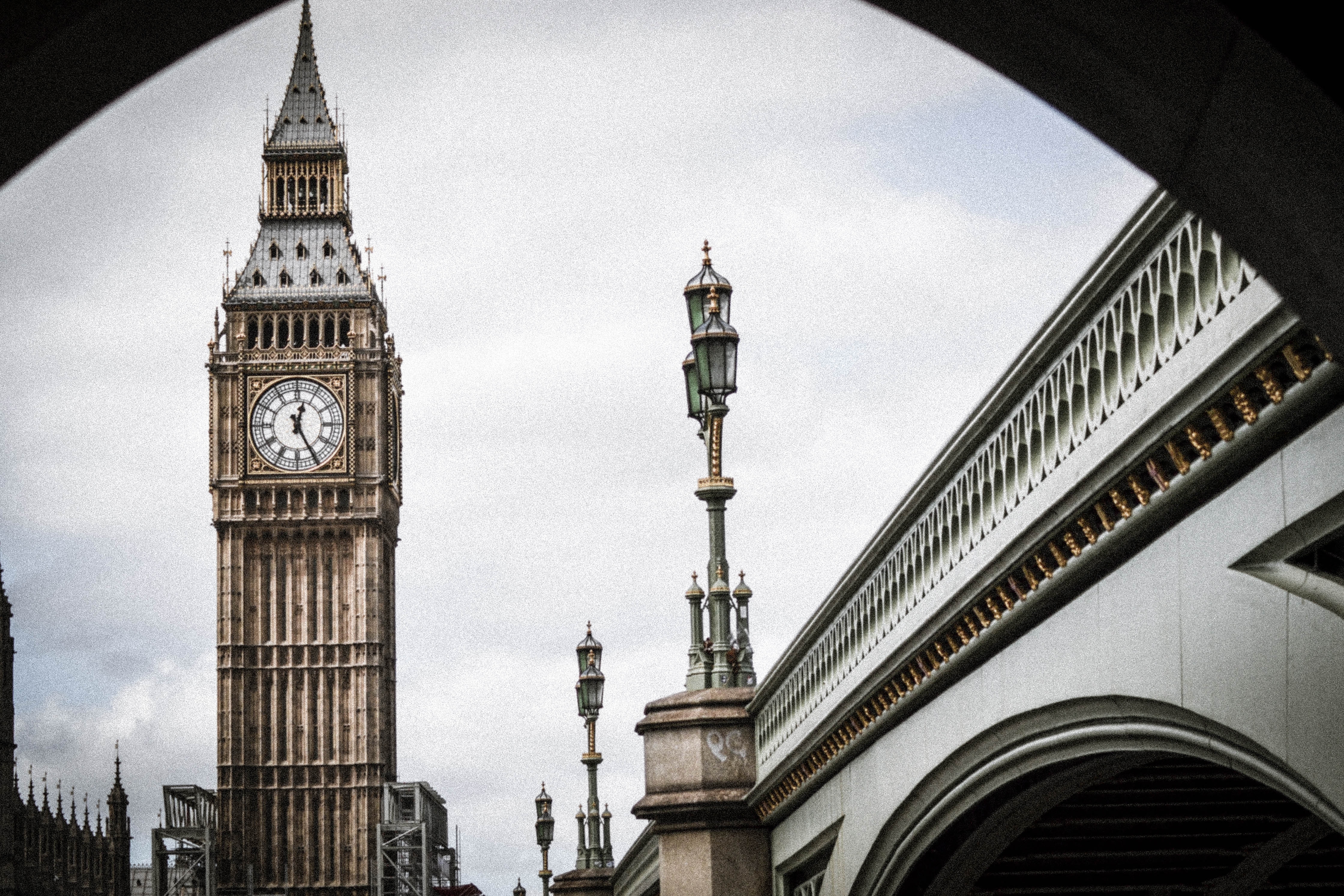The European Commission has successfully completed its first coordinated activity on rogue ticket resale marketplaces, with Viagogo committing to introduce a series of changes to its site that will protect consumers.
The changes, which must be implemented to the versions of its website directed at EU/EEA consumers by the end of August 2024, include:
- Informing consumers on the ticket selection page whether the seller of a ticket is a trader or not
- Substantially reducing the number of countdown messages that appear when making a purchase
- Allowing consumers to choose an exact seat number on their ticket rather than only choosing a section, where possible
- Including delivery fees in the displayed price where there is only one delivery option available for a ticket.
There will also be more time to apply for a refund under Viagogo’s ‘discretionary’ ticket guarantee scheme, as featured in a BBC investigation yesterday. The agreement further clarifies that EU citizens will be protected by their national consumer laws and can take actions against Viagogo, if needed, in their own country of residence.
Commenting on the news, FEAT’s director Sam Shemtob said: “FEAT has been calling for better enforcement for rogue ticket resale marketplaces for five years. This is the EU’s first coordinated action, and introduces some of the most far-reaching consumer protection for European consumers to date. The changes will also prove incredibly useful in promoters’ efforts to curtail ticket scalping. We expect this will save lots of time and money in legal battles, which the live performance sector can ill afford.”
FEAT met with the EU’s Consumer Commission in 2020 and 2023 to outline the live performance sector’s concerns with rogue ticket resale marketplaces, and in 2022, pulled no punches in calling clearly for greater enforcement as part of an EU consultation.
You can read the full EU press release here: – https://ec.europa.eu/commission/presscorner/detail/en/ip_24_2631
